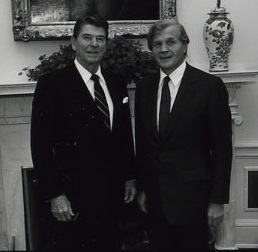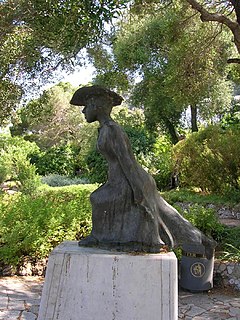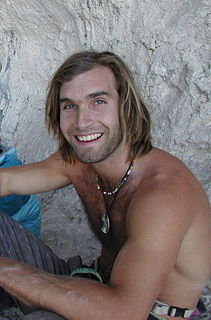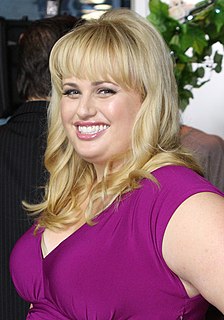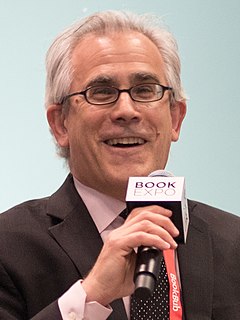A Quote by Robert M. Gates
On the foreign policy side, there's the risk of being too spontaneous and too disruptive where you end up doing more harm than damage. And figuring out that balance is where having strong people around you matters.
Related Quotes
Any time you add something to your game, you still have to find ways to improve, so I'm still studying the game and trying to find out ways to increase how we use me on the floor. You're not being complacent, not falling back and floating around the perimeter too much, figuring out when to attack. I'm trying to find that balance between attacking and spotting up and things like that.
I've always thought that the balance between the side of my mind that knows what it is doing and the side that really hasn't got a clue has to be carefully maintained because if you write too knowingly then you get chilly, and if you write too unknowingly you write bollocks that nobody else can understand.
This is the problem with foreign policy - talking about foreign policy in a political context. Politics is binary. People win and lose elections. Legislation passes or doesn't pass. And in foreign policy often what you're doing is nuance and you're trying to prevent something worse from happening. It doesn't translate well into a political environment.
What really matters is the work. And what matters to me is doing the work. I'm not looking at the back end: "What am I going to get out of this? What's going to be the reward?" I'm just looking at the work, the pleasure of being able to do the work. And that's what the fun is: To climb up the mountain is the fun, not standing at the top. There's nowhere to go. But climbing up, that struggle, that to me is where the fun is. That to me is the thrill. But once that's over, that's kind of it. I don't look too much beyond that.

